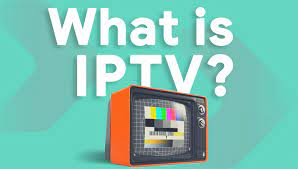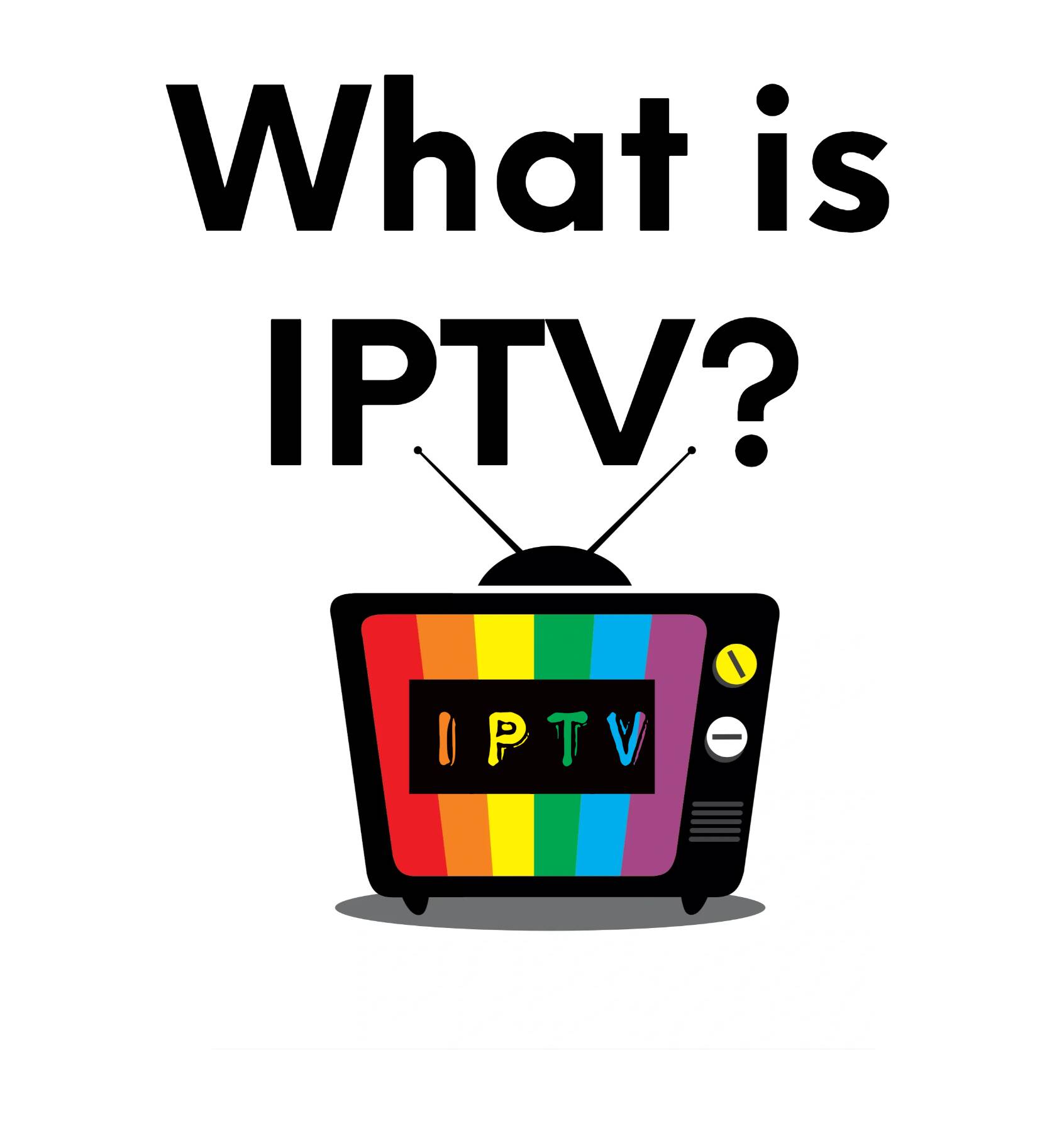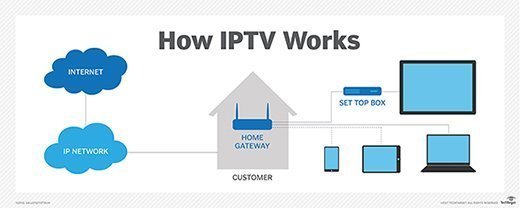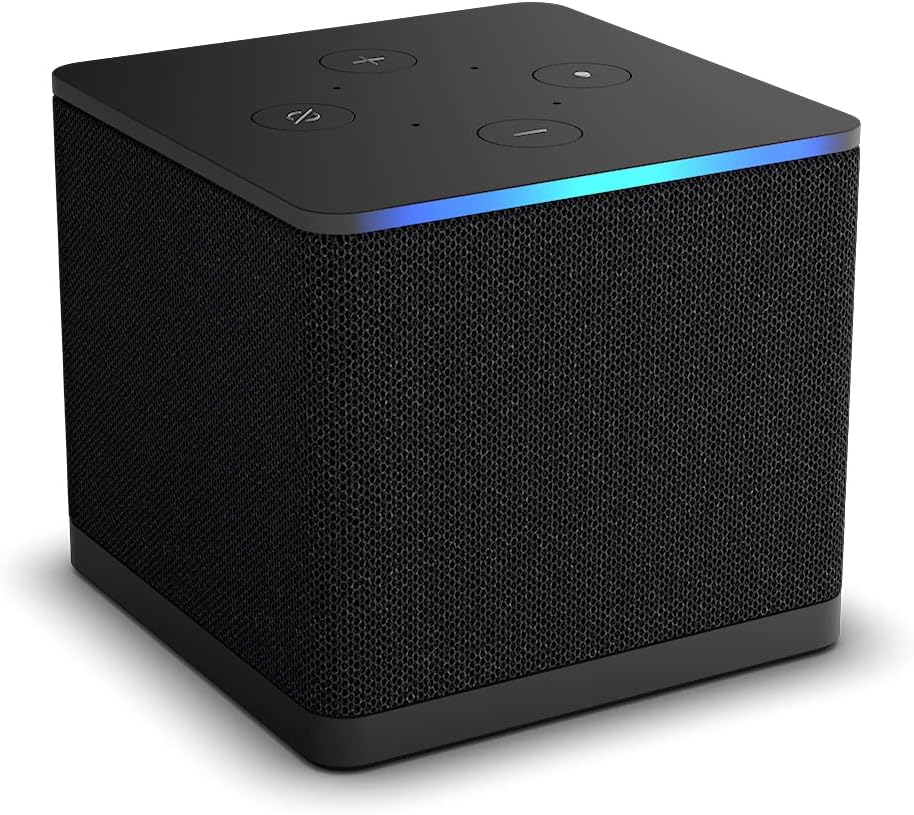What is IPTV, and how does it work?


IPTV is a cutting-edge method for accessing TV content in today’s dynamic landscape of television and streaming services. However, what exactly is IPTV, and what are its mechanics? This article explores IPTV, revealing its core technology and how it seamlessly delivers television programming to audiences.

What is IPTV?
IPTV, also known as Internet Protocol Television, is a digital television broadcasting protocol that utilizes the internet to deliver television content to users’ devices. By leveraging an IP network, such as the internet, it allows viewers to stream live TV channels, on-demand videos, and other multimedia content, diverging from traditional broadcast methods like satellite or cable.

How does IPTV work?
Internet television operates by transforming television signals into IP packets and subsequently transmitting them to users’ devices through a swift internet connection. Below, we dissect the essential components and stages of IPTV.
- IPTV services receive television programming from a variety of sources, including cable and satellite providers, broadcasters, and content providers. These sources supply the TV channels and on-demand content that IPTV subscribers will have access to.
- Encoding involves converting content gathered from diverse sources into a format suitable for streaming over IP networks. Through compression, this process minimizes bandwidth demands while preserving the quality of video and audio components.
- The encoded content finds its home on specialized servers, referred to as IPTV servers or media servers.These servers distribute and control content, ensuring smooth delivery to many users simultaneously, thereby facilitating efficient streaming.
- Users access Internet television content through various devices like laptops, tablets, smartphones, smart TVs, set-top boxes, and Firesticks. Both internet access and the capacity to run IPTV client software or applications are prerequisites for these devices.
- The providers send material to user devices using a variety of streaming protocols, such as HTTP, RTSP, or UDP. These protocols ensure that IP packets are transmitted reliably, giving users continuous access to content.
- Provides a smooth, interactive interface in terms of the user experience. Viewers can easily browse on-demand shows, pause and rewind live TV, check program guides, and explore channel listings. Furthermore, some digital television providers come with sophisticated capabilities like catch-up TV, time-shifted TV, and programme recording.
Benefits of IPTV
IPTV offers several advantages over traditional broadcast methods, including:
- Flexibility: Users can access the content on various devices, giving them the freedom to watch their favourite shows anytime, anywhere. These services provide a wide range of live TV channels, on-demand videos, movies, and TV series to cater to diverse viewer preferences.
- Personalization: Customers using this service are able to customise their favourite lists, add their own channels, and get recommendations based on how they watch.
- Enhanced Interactivity: With interactive features like program guides, video-on-demand, and catch-up TV, viewers have greater control over their viewing experience.
- Cost-effectiveness: Users can save money by choosing it over traditional cable or satellite TV services, which often offer more affordable subscription packages.
Conclusion:
IPTV has revolutionized the television industry, presenting viewers with a fresh approach to accessing television content over IP networks. IPTV converts TV signals into IP packets and streams them seamlessly to user devices, offering flexibility, diverse content, personalized experiences, and enhanced viewing options.

